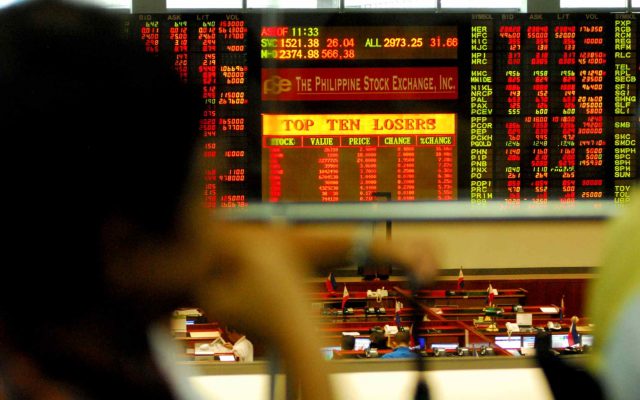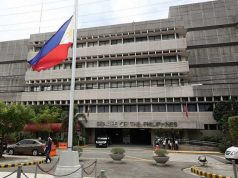MANILA/SINGAPORE— The Philippines exempted its financial trading platforms from strict coronavirus quarantine procedures on Tuesday, paving the way for the resumption of trading at its stock, bond and foreign exchange markets this week, government officials said.
The Philippines became the first country on Tuesday to close its financial markets due to the outbreak after some bourses around the world closed trading floors or paused trade after big falls in market value.
The Philippine Stock Exchange said it will resume trading on Thursday, while the currency and bond markets were allowed to reopen as early as Wednesday, although they have yet to announce an exact date.
“They assured the authorities that necessary safeguards to ensure the safety of their employees and the community they interact with are in place,” the Department of Finance and Bangko sentral ng Pilipinas said in a joint statement.
While the Philippine shutdown was prompted by health reasons, amid a broad nationwide lockdown, it had raised the prospect other exchanges may follow.
Global markets are in meltdown as the pandemic spreads, with roughly $14 trillion in shareholder value erased and even safe assets such as gold have been sold to cover losses.
In Malaysia, where a similar lockdown comes into force on Wednesday, the securities regulator said all capital markets will operate as usual.
Settlement of trades in Sri Lanka is due to be available on Wednesday, though it is unclear if trade will resume before the nation is set to return from holidays on Friday.
CME Group Inc last week shut its storied trading floor in Chicago, to reduce large gatherings, and Mideast bourses have taken similar measures, though electronic trade remains available.
The Philippines benchmark index fell 8% on Monday and is down 20% for March so far, already its worst month since October 2008, while bond prices have also collapsed.
The yield on 10-year government debt, which rises when prices fall, jumped 63 basis points on Monday, the sharpest rise since September 2018. —Reporting by Karen Lema and Neil Jerome Morales in Manila, Tom Westbrook in Singapore and Liz Lee in Kuala Lumpur; Editing by Giles Elgood and Nick Macfie










